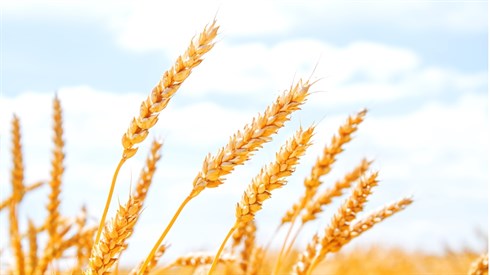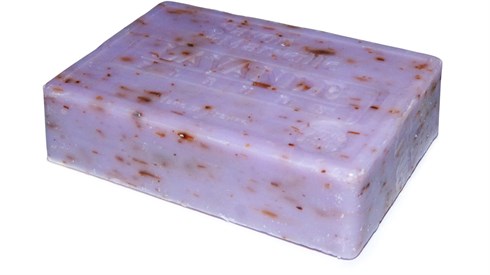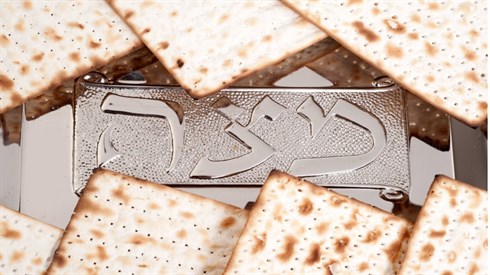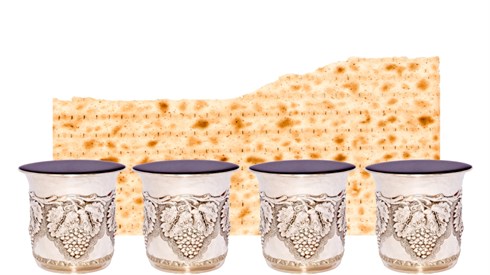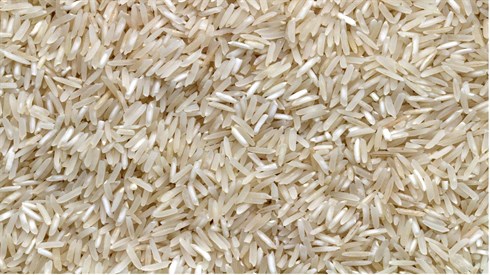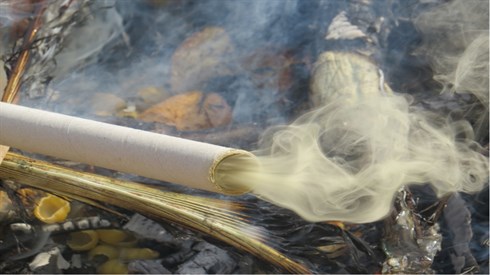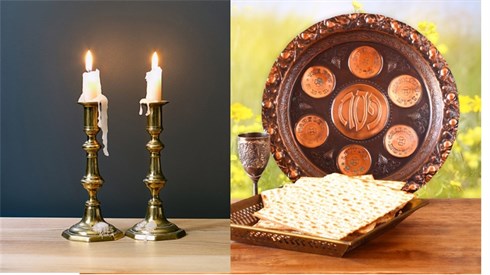Jewish Holidays
Text size
-
 Sukkot - Commemorating What?
Sukkot - Commemorating What?
“They shall live in the sukkot for seven days; every citizen in Israel shall live in the sukkot. So that your generations will know that in the sukkot I had Bnei Yisrael live when I took them out of the Land of Egypt; I am Hashem, your G-d” (Vayikra 23:42-43). In the midrash (Sifra, Emor 12) we find three explanations for this mitzva. There is an opinion that the sukka is to be made from the four species which are waved on Sukkot, which implies that it is essentially part of one unit with the mitzva of the four species. It is difficult, though, to divorce the mitzva from the historical context to which the p’sukim refer explicitly. -
 Standing Before Hashem for the High Holy Days
Standing Before Hashem for the High Holy Days
We have the privilege to reach the days known as the Yamim Noraim (Days of Fear = High Holy Days). We will take a look at the spiritual content of this period, from Rosh Hashana and Yom Kippur through Sukkot/Hoshana Rabba, while connecting it to Parashat Nitzavim. -
 Questions about Simanim on Rosh Hashana
Questions about Simanim on Rosh Hashana
have some questions about the simanim (symbolic foods) we eat on Rosh Hashana. Should we have them both nights? Is it done before or after washing, and how does this impact on the berachot made on them? -
 Three Related Eichas
Three Related Eichas
Shabbat Chazon brings a palpable sadness which finds expression in the haftara: “Your Land is desolate, your cities burnt by fire, from your land strangers eat opposite you, and there is desolation, like that which was overturned by strangers” (Yeshaya 1:7). While there is no explicit parallel in the parasha, Chazal saw an implied one. Moshe criticized the people of his time with the famous word eicha (how?), which we also find in the haftara and, of course, on Tisha B’av: Moshe complained: “How can I bear alone your burden, your load, and your quarrels” (Devarim 1:12). Eicha Rabba (1:1) says that this is a sign of three stages of eicha pronouncements, like a noblewoman who had three attendants who saw her at different stages: one when she was in a calm state (corresponding to Moshe), one while in a dangerous state (Yeshaya), and one in utter disgrace (Yirmiya).
Keep Reading...
<
9897969594
>
